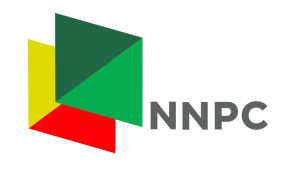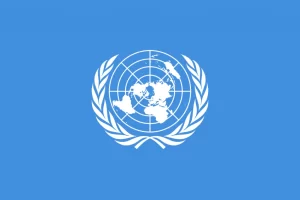With Nigeria’s inflation racing to 19.6 percent, the highest in 16 years and 10 months, analysts have recommended quick-fix policies the government can put in place to curb the rising cost of living.
For seven consecutive months this year, Nigerians have struggled to keep up with the rising cost of living, weighed down by stagnant incomes. The Nigerian government has also tried to combat inflation by increasing interest rates, amongst other measures, but these measures are yet to have the desired impact on the economy.
Analysts have said the accelerating inflation rate should decelerate between the last quarter of this year and the first quarter of 2023 after it reaches its peak. This is on the back of seasonality occasioned by good food harvests towards the end of the year.
“When inflation crosses 20 percent, we can expect a moderation which is going to come as a result of good food harvest,” Tajudeen Ibrahim, senior analyst with ChapelHill Denham, said.
“If we have a good harvest in the last quarter of 2022, we are likely to see that inflation will be capped at 20 percent. If not, moderation in inflation would be expected in the first quarter of 2023,” he added.
To curtail the inflationary woes plaguing the economy, analysts have said that the monetary and fiscal policymakers would have to make long-term investments and changes, one of which is adopting what economists call a crawling peg to fix the protracted crisis in its foreign exchange market that has spooked foreign investors and raised the cost of doing business in the country.
“The CBN has to unify multiple exchange rates that have impacted the cost of doing business in the import-dependent country,” Akpan Ekpo, a renowned economist and former vice-chancellor of the University in Uyo, said.
During the last LBS breakfast meeting presentation, Bismarck Rewane, CEO of Financial Derivatives Company, said huge forex inflows through exports, diaspora remittances, and investment inflow could help address inflation.
Nigeria’s inflationary pressures came largely from rising food prices as food inflation for July rose for the fifth consecutive month to 22.02 percent from 20.60 percent in June 2022 and 21.03 percent in July 2021. At the current rate, the core inflation at 16.26 percent is the least when compared with the headline inflation and food inflation.
According to the National Bureau of Statistics, on average, households in Nigeria spend 56.65 percent of their consumption expenditure on food items and 43.35 percent on non-food items.
“There is an urgent need to tackle the insecurity that affects agricultural productivity,” Tajudeen said.
Ekpo added that there is a need to produce and export more non-oil goods to earn more foreign exchange in the country. He added that the government would have to work with oil and gas companies to boost oil production, which has continued to decline in the country.
Ekpo said: “It is important for the government and top financiers to work with oil and gas companies to boost production capacity in a bid to ensure demand does not exceed supply.
“Also, a lot of work and finance must be urgently invested in alternative energy sources in order to prevent the recurrence of this year’s energy inflation.”
According to Tajudeen, the government should accelerate investments in infrastructure that can bring down the cost of doing business and cost of production as the inflation in the country is mostly cost-pushed.
“This includes investment in rail projects, road network, and power sector,” Tajudeen said. “It is because the cost of production is higher which is why people are increasing their prices.”
Tajudeen said if the inflation rate surpasses 20 percent, it is very likely that the Central Bank of Nigeria (CBN) would consider raising the monetary policy rate to 15 percent from the current rate of 14 percent.
“Increase in interest rates to mop up excess liquidity in the market would also address interest rate,” Rewane said.
Data obtained from the CBN show that the Nigerian government’s total borrowing from the CBN through Ways and Means Advances rose from N17.46 trillion as of December 2021 to N19.91 trillion as of June 2022.
Nigerian governors, in a meeting with President Muhammadu Buhari in July, raised concern over this, saying trillions of naira chasing a few billion dollars would put pressure on the foreign reserves and the exchange rate.
“The CBN has to restrict the ways and means advances,” Ekpo said.





